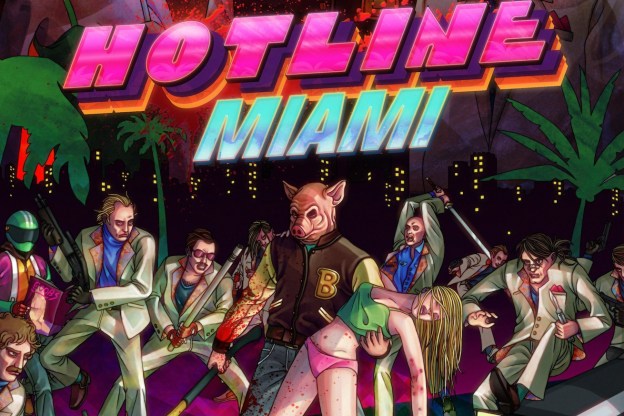
Let’s say you’re a game developer. You’ve got a wonderful, novel idea for a new game, and the necessary programming and artistic design skills to put the whole thing together, so you decide to create the game by yourself. An independently developed title, you believe, has just as much opportunity to find an audience in our modern era as a big-budget blockbuster funded by Activision or EA. You may not have the marketing budget that those companies boast, but your idea is just so clever that you have no doubt of its ability to become a massive success.
Unfortunately, there was one aspect of this project you didn’t think about beforehand: Piracy. Though your game is excellent, and lauded by critics and fans alike, you actually end up losing money on the project as tens of thousands of prospective players opt to simply download your game via torrent instead of forking over the inarguably reasonable $10 you’ve decided to charge for your title.
Though the above scenario is entirely hypothetical it’s all too real a concern for independent developers. In an effort to ingratiate themselves with fans who abhor any sort of digital rights management scheme these indie game creators often release their titles completely sans DRM. This does certainly appeal to prospective fans, but it also makes these games trivial to pirate. As a result, many excellent games are crushed under the weight of thousands of freeloaders, thus depriving honest players of future games these smaller developers might create.
That preface is a solid description of the situation facing the developers of the recently-released Hotline Miami. The game, which pits you against overwhelming odds and tasks players with murdering their foes in the most gruesome, efficient fashion possible, has been a prime target for pirates since it debuted nearly two months ago. Hotline Miami project manager Graeme Struthers recently sat down with Eurogamer to discuss the scope of the problem.
“It has been torrented to such a staggering level, and given the file size of it, I mean, you can’t really be surprised, right? You could pass this thing around on the world’s smallest memory stick,” Struthers said. “So it has been torrented to extraordinary levels.”
Despite the obvious blow this has dealt to the game’s bottom line, Hotline Miami creator Jonatan Söderström has actually been offering polite assistance to the game’s pirates. In October Söderström went so far as to visit the notorious Pirate Bay website to give pirates a heads up that Hotline Miami would be receiving an imminent patch to fix a number of the game’s most obvious bugs. Instead of inserting code into this patch that might make Hotline Miami more difficult to acquire illicitly, Söderström asked the pirates if they would be so kind as to update the Pirate Bay’s Hotline Miami torrents with the latest version of the game. “Hey there, I’m Jonatan Soderstrom [sic], me and my friend Dennis Wedin made this game,” Söderström wrote. “We’re working on an update that hopefully will take care of any/all bugs, and we’ll try to do some extra polish in the next few days. Would be great if you could update the torrent when the patch is out! It’d be great if people get to play it without any bugs popping up.”
“Hope everyone will enjoy the game!” he cheerfully added.
When Eurogamer asked Struthers about Söderström’s unorthodox approach to combating piracy, his response was both candid and pragmatic. “That’s what he’s like. He just felt he didn’t want people playing the buggy version of his game however they got it. He wanted them to get the patch,” Struthers stated. “He basically said, ‘I’m not going to criticise this, it’s a fact of life. It would be nice if guys could find it within themselves to pay for it, but that’s the world I’m in, so you know, you just have to take it for what it is.'”
Interestingly, despite the massive amount of piracy seen by Hotline Miami, and Jonatan Söderström’s efforts to aid the pirates, Hotline Miami has done quite well for itself. In its seven weeks of availability, the game has already sold over 130,000 copies. If the game were an Activision blockbuster these sales figures would be disappointing, but for a small game developed by one or two people over a relatively short period of time, selling over 130,000 units is a victory.
If all of this has piqued your interest in Hotline Miami (and it hopefully has, as the game is utterly phenomenal), you can find a copy for Windows PCs on Valve’s Steam service (a Mac version is reportedly imminent). While it’s obviously not terribly difficult to pirate the game for free, actually buying the thing will only set you back $10, and trust us when we say that the entertainment value of Hotline Miami is worth far, far more than that. Look, just buy the thing, alright?


